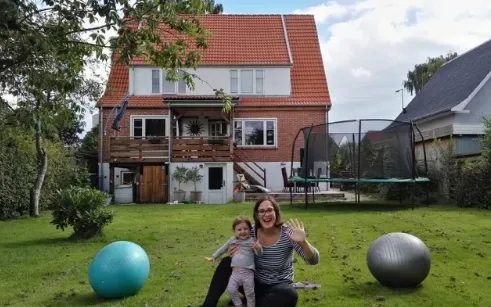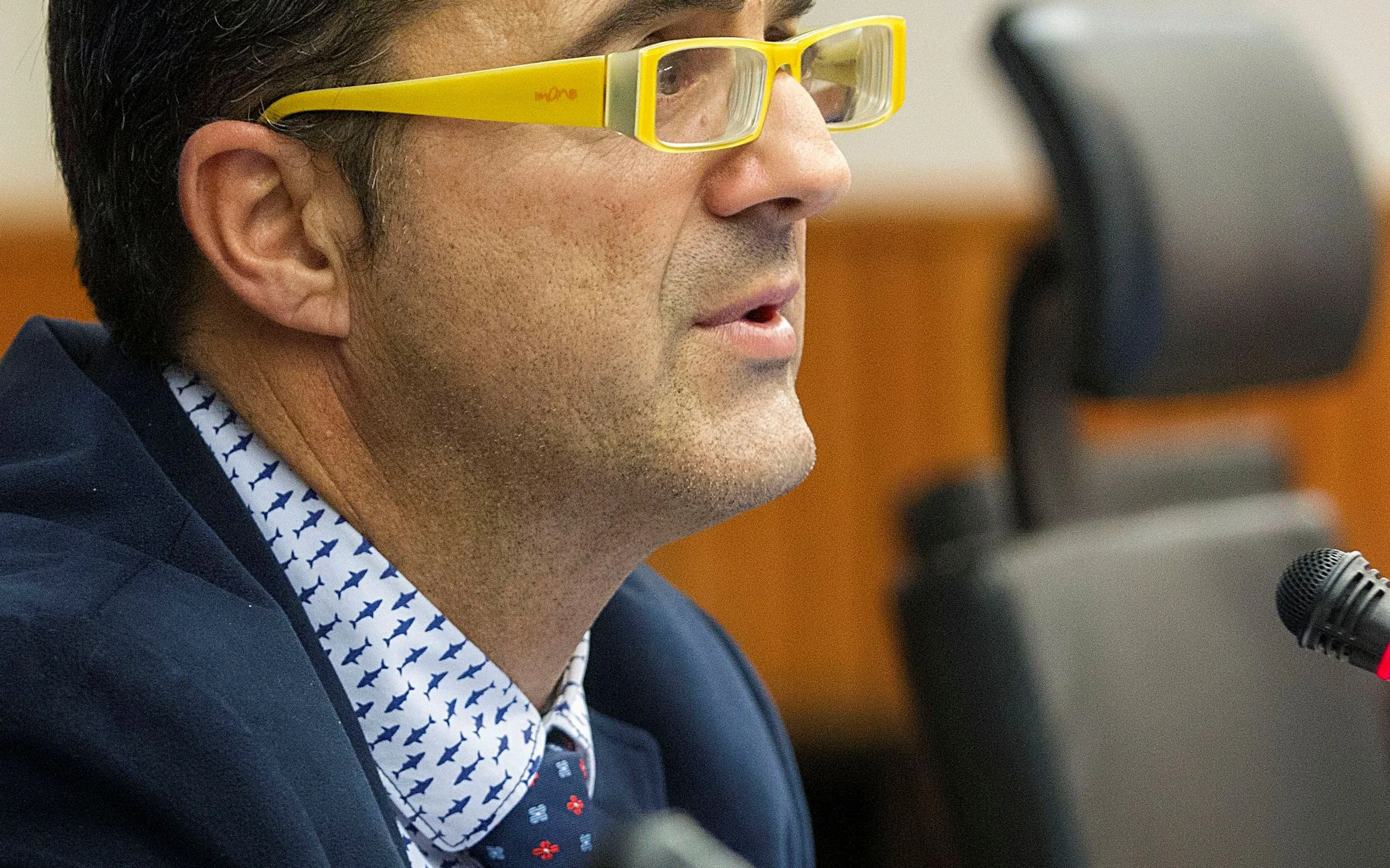The representative of HomeExchange, an international community of home swaps, considers there’s a shift in paradigm and that people are more inclined to travel locally.
Roser Goula is the project lead in the marketing department of the home swap community HomeExchange. This is an international organization with three main offices (USA, Paris and Croatia) and she works from Catalonia.
We talk to her about how the pandemic is changing the way in which we travel and especially about the rise in home swaps.
In these times of uncertainty, are people choosing home swaps as a safer form of accommodation?
Yes. We carried out a study some months ago and we saw that, at a Spanish level, 50% of people want to travel with home swaps in the post-Covid scenario. The reasons they state for preferring this to other more traditional forms of accommodation are basically four: having a safe home for you own personal use, because it has been lived in by a family; having the possibility of doing outdoor activities; avoiding crowds and finding more isolated spaces; and also having the possibility to cancel.
What are the advantages of this way of travelling?
We believe that home swaps will continue to grow in the future; in fact, it’s already happening for several reasons. People want to go on a holiday without economic problems and they want to have a home for their own use. Also, it’s a house that is lived in: there are toys, board games, all of the usual kitchen appliances…there’s life to them!
Ant it’s there for everyone. This option isn’t hugely expensive. In the case of HomeExchange, there’s an annual fee of 130 Euro to be a member of the community, allowing you unlimited home swaps. So you really cover the cost of the membership fee with your first swap. After that, it’s unlimited holidays. It could be a weekend break, a bank holiday or some weeks of holidays. The only requirement is that you need to lend your home.
Do home swaps need to be planned in advance?
No. And this is a further advantage. You can do it last minute! Some people organize their holidays at the start of the year, and many other wait until the last minute. So the options are very flexible.
Is it safe?
It’s a very safe way of travelling. In fact, it’s a way to avoid being burgled. You have a family staying in your home taking care of it while you’re away: watering your plants, feeding the cat…The swap is based on mutual trust.
Do you think it’s sustainable for the planet?
Yes. It’s one of the values of HomeExchange, to encourage responsible and sustainable tourism. It avoids mass tourism and contributes to the local economies, because the money you save on accommodation is money you spend wherever you go.
In general, do you think the consequences of this crisis may change our way of travelling?
People are more inclined to travel locally. You can rediscover your home. It’s a shift in paradigm to do things at home and reinvest in the local economy. People are now more aware of the impact of travelling far.
What is the profile of people who choose home swaps?
It’s especially families with children. It’s a very simple, affordable and comfortable way of travelling. It gives you space, there are toys, bikes…You don’t need to take as many stuff with you.
The second largest group is that of seniors, people aged 55 and above. There are also couples or people travelling alone, but this isn’t the majority.
What countries have a greater tradition of home swaps?
The USA, France and Spain. Home swaps started between teachers, in the 1950s’. They then boomed in the 90s. Before everything was done on a printed brochure and then with the Internet everything became much easier.
Does it always need to be a swap or can you go to someone’s home without them coming to yours?
Traditionally, home swaps were easy: you come to mine; I’ll go to yours. Sometimes it was complicated to find someone who wanted to come to your home on the exact dates as you.
Home swaps then became flexible and now they don’t need to be reciprocal. This means that I can come to your home and then you go to someone else’s, We do this with Guest Points, a point-based system. I’ll come to your place, but you don’t go to mine, so in exchange we offer you points that will allow you to go to someone else’s, Now this is the most used option, 60%. In any case, the spirit and the values are the same.







Add new comment